Bulgaria, one of five EU states that depend totally on Russia for nuclear fuel, is set to take a step towards diversifying its suppliers when Westinghouse Electric Company buys a stake in a state-controlled firm building new atomic units.
Westinghouse, the world's largest nuclear fuel producer and part of Japan's Toshiba group, has concluded talks with the Balkan country to take a 30 percent stake in Kozloduy NPP - New Build, which is building new units at the Kozloduy nuclear site in Bulgaria.
"The talks have concluded. The shareholder agreement now is pending approvals from state Bulgarian Energy Holding and I hope it can be signed in the coming week," Ivan Genov, chief executive of the Kozloduy nuclear plant told Reuters on Sunday.
The deal paves the way for Bulgaria to start negotiations for the financing and the construction of one Westinghouse AP-1000 nuclear reactor, estimated to cost about $5 billion.
The 1,100 megawatt reactor is expected to come online in 2024, Genov said.
Bulgaria is one of the few European nations to build new nuclear plants in the wake of Japan's 2011 Fukushima disaster as it seeks to keep a lid on electricity costs while cutting carbon emissions in its energy sector.
Genov dismissed concerns that such a major deal should be signed just days before the expected resignation of the Socialist-led government at the end of July.
The opposition GERB party, largely expected to win an October 5 election, supports the project.
Bulgaria has said the new reactor would be largely financed by loans from US and Japanese credit export agencies.
Conflict between Russia and Ukraine following the ouster of Ukraine's pro-Moscow president and annexation of its Crimea region by Russia has forced the issue of energy dependence up the EU's political agenda.
The focus has been on gas following Russia's cut-off of Ukraine's gas supplies because of a dispute over pricing, but the nuclear industry says dependency on Russian nuclear fuel has the potential to be as big an issue.
Bulgaria, along with the Czech Republic, Finland, Hungary and Slovakia, are all home to nuclear reactors that are 100 percent dependent on Russian nuclear fuel. Apart from nuclear, Bulgaria meets almost all of its gas needs with Russian imports and its only oil refinery is controlled by Russia's LUKOIL.
In all, the EU imports approximately 97 percent of its uranium, 40 percent from Russia, the European Commission says. By comparison, the bloc relies on Russia for around 30 percent of its gas demand.
BR100
15,115
Increased By
28.1 (0.19%)
BR30
43,048
Increased By
175.6 (0.41%)
KSE100
149,493
Increased By
257.8 (0.17%)
KSE30
45,518
Increased By
11.6 (0.03%)














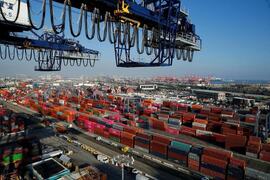
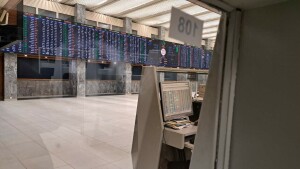
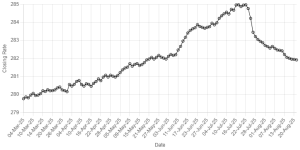
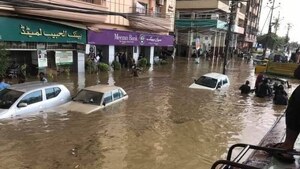

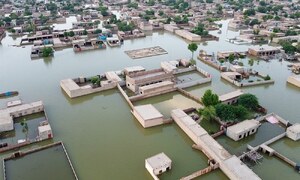
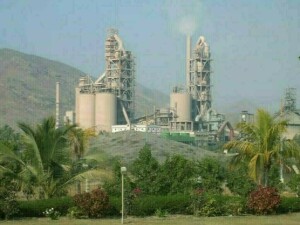
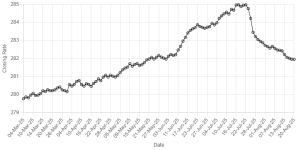

Comments
Comments are closed.